The Coordinator of ONGD and other Solidarity Movements of Lleida launches the campaign 'La vida al centre', which was born from a participatory process involving forty entities.
"Think globally, act locally" is an expression that made a fortune some time ago and that arose as a call to consider what impact our actions on an individual and local scale will have on the planet as a whole. Picking up this philosophy, the Coordinator of ONGD and other Solidarity Movements (aMS) of Lleida has launched the campaign 'La vida al centre' ('Life in the center'), which urges a change in public policies to prioritize the fight against inequalities around the world.
The initiative has developed into a decalogue that presents various proposals for social and environmental justice, while also putting on the table a whole set of priorities and pending challenges addressed to all administrations in order to address the various crises that we face have an impact today, such as social, economic, health and environmental issues, among others. The Coordinator calls to raise this global battle from a local approach.
A campaign born from a participatory process
'La vida al centre' is the name of the campaign and responds to the idea that the policies of the administrations must respond to the real needs of the people, not to fatten military budgets, and cannot allow large companies to profit from cost of the moment we live in, as for example in the matter of energy. "We say that all of this needs to be reversed: public policies must focus on people and what is common", one of the Coordinator's managers assures Xarxanet.
The campaign has been created as a result of a participatory process, which has involved the forty entities that are part of the Coordinator of ONGD and aMS of Lleida. "About a year ago we completed an internal strategic planning process and one of the issues that was put on the table was the desire to incorporate a more political and vindictive advocacy approach, from a more gender and based on human rights, beyond emergency care", they explain.
All of this crystallized in this participatory process in which the local entities, who were on the front line during the pandemic, wanted to elevate all these learnings acquired and the issues they were working on day to day to transform them into demands, in claims and rights. "If we were handing out bags of food to serve an impoverished population as a result of covid, let's do it the other way around, we're asking for the right to decent food so that the administrations can get to work," they point out from the federation.
Proposals in a local key for global problems
The axes that the Coordinator considers to be priorities are social justice, so that no one is left behind; solidarity, as a response to global crises; health, to move from applause to facts; housing, because it is a right; education to defend the future; the social, solidarity and transformative economy; feminism, to make women's human rights effective; the culture of peace, for human security; anti-racism, because human rights belong to everyone; and climate justice, for the future of the planet.
These ten points are to be worked on from a global as well as a local commitment. "We try to bring a local perspective to everything we do", express from the Coordinator, and cite anti-racism as an example: "we want to work on racism and migration processes globally, but also, and especially in the case of Lleida, the situation of temporary workers, which can be considered a local problem", points out one of the leaders of the campaign.
More visibility and support for the work of local entities
For this reason, the campaign seeks a strategic, operational and organizational change in development cooperation policies and calls for measures such as increased budgets for the achievement of human rights and progress towards a decentralized cooperation rooted in the territory and greater coherence of public policies.
At the same time, the initiative must serve to demand and give visibility to the social and solidarity action carried out by the entities both in the demarcation of Lleida and in the countries of the Global South through their cooperation projects. "The local entities, which move forward based on volunteering and activism, do not have the resources, the infrastructure, or the speakers and often their work is forgotten when, for the most part, they are the ones that have sustained the emergency and we think that they must be strengthened", argue from the Coordinator.
The campaign 'La vida al centre' is planned to be deployed on social networks and in the media over the coming months to raise awareness for citizens, but also for administrations, as well as carry out activities and proposals for educational centers , advocacy and mobilization actions and joint work of the associative fabric.
In addition, other actions are announced for the autumn, such as a day on the right to housing for temporary workers, which will be held on October 8, and a central campaign event and several other activities coinciding with World Day of Human Rights, on December 10.
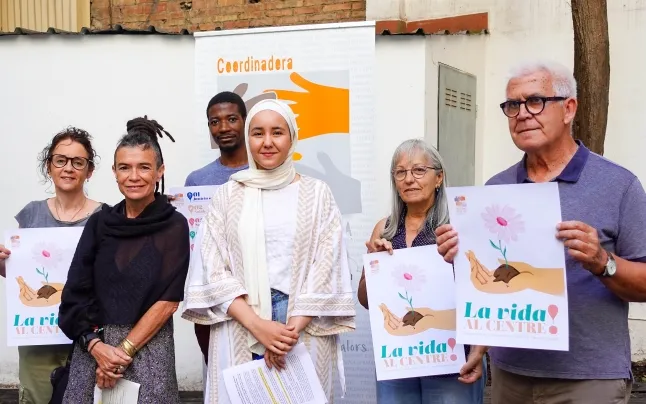
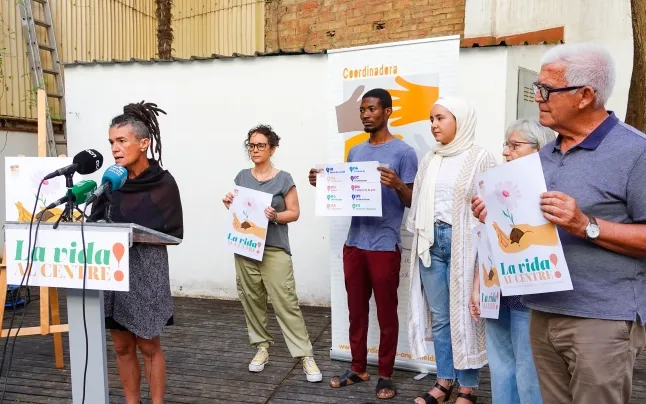
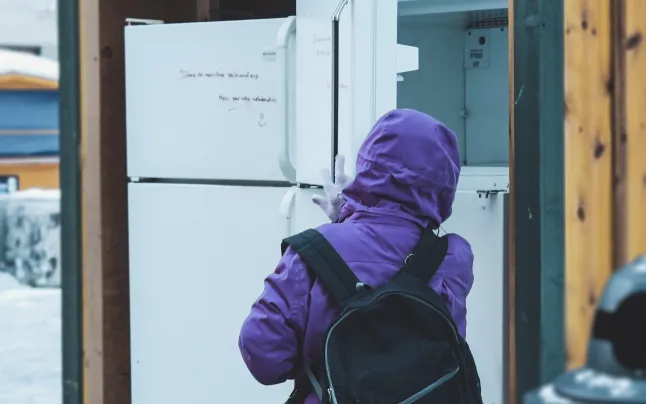


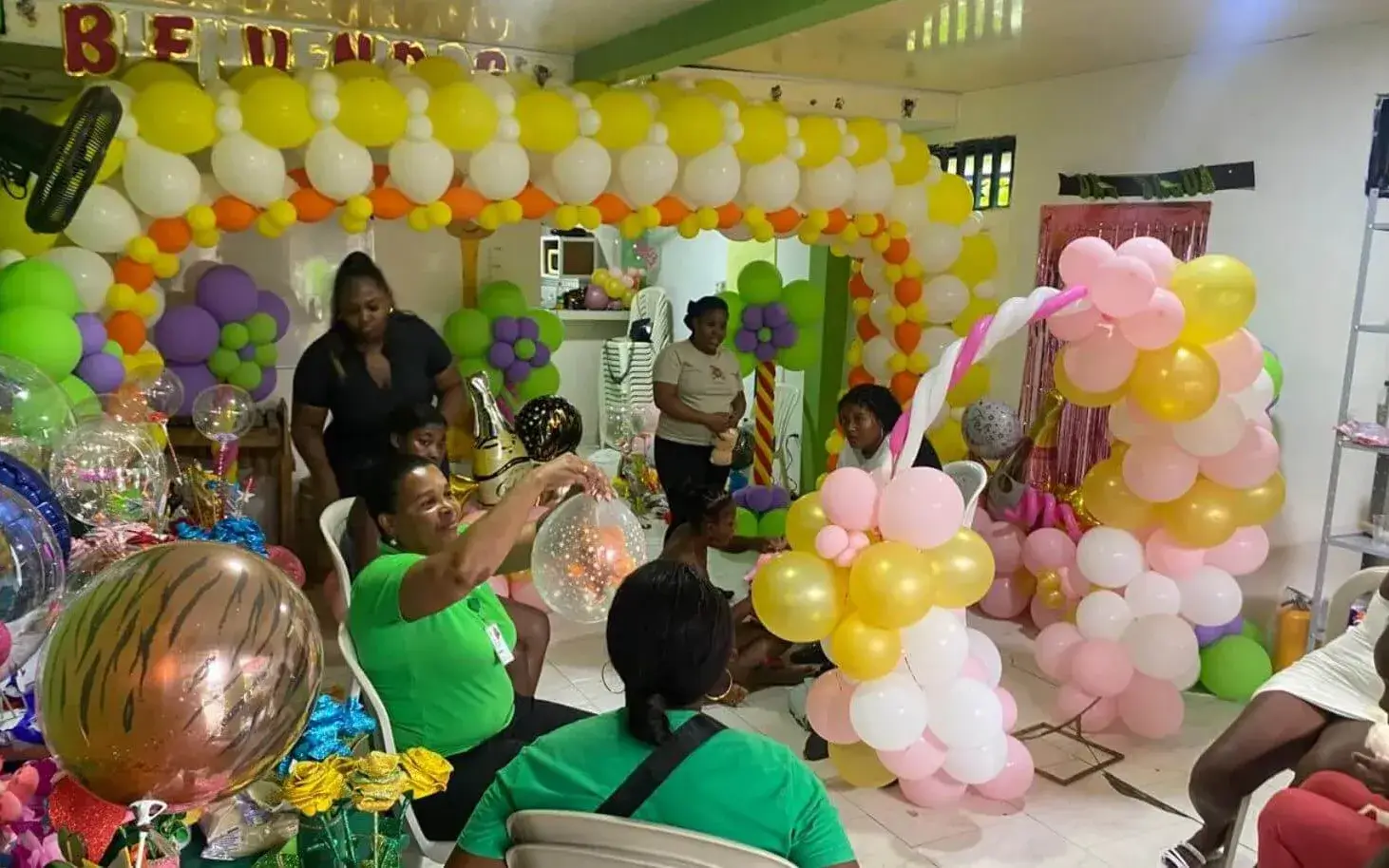
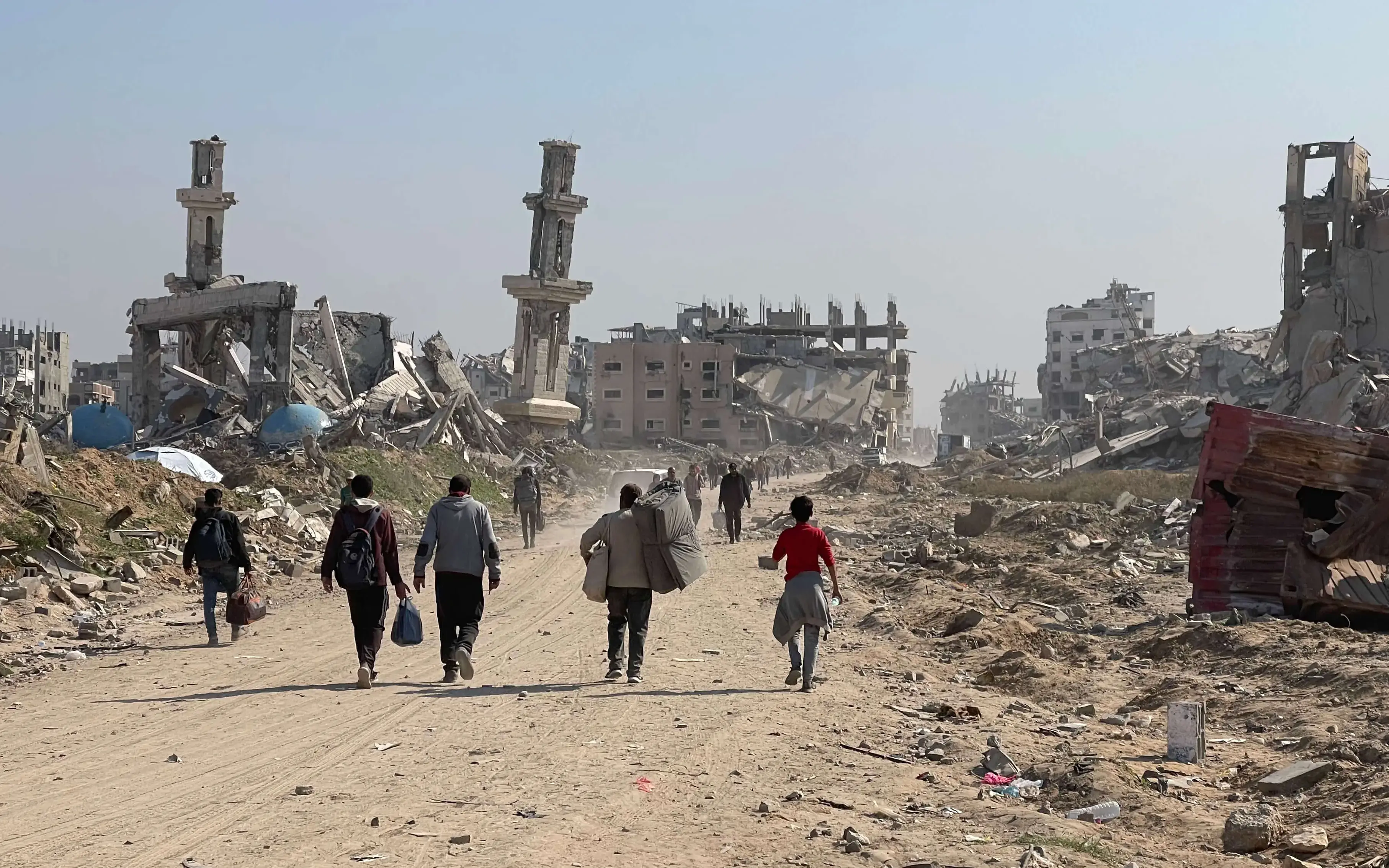


Add new comment